Despite the pandemic and environmental alarm, the cruise industry is soaring
Royal Caribbean, Carnival and Norwegian all went into 2024 with record high bookings

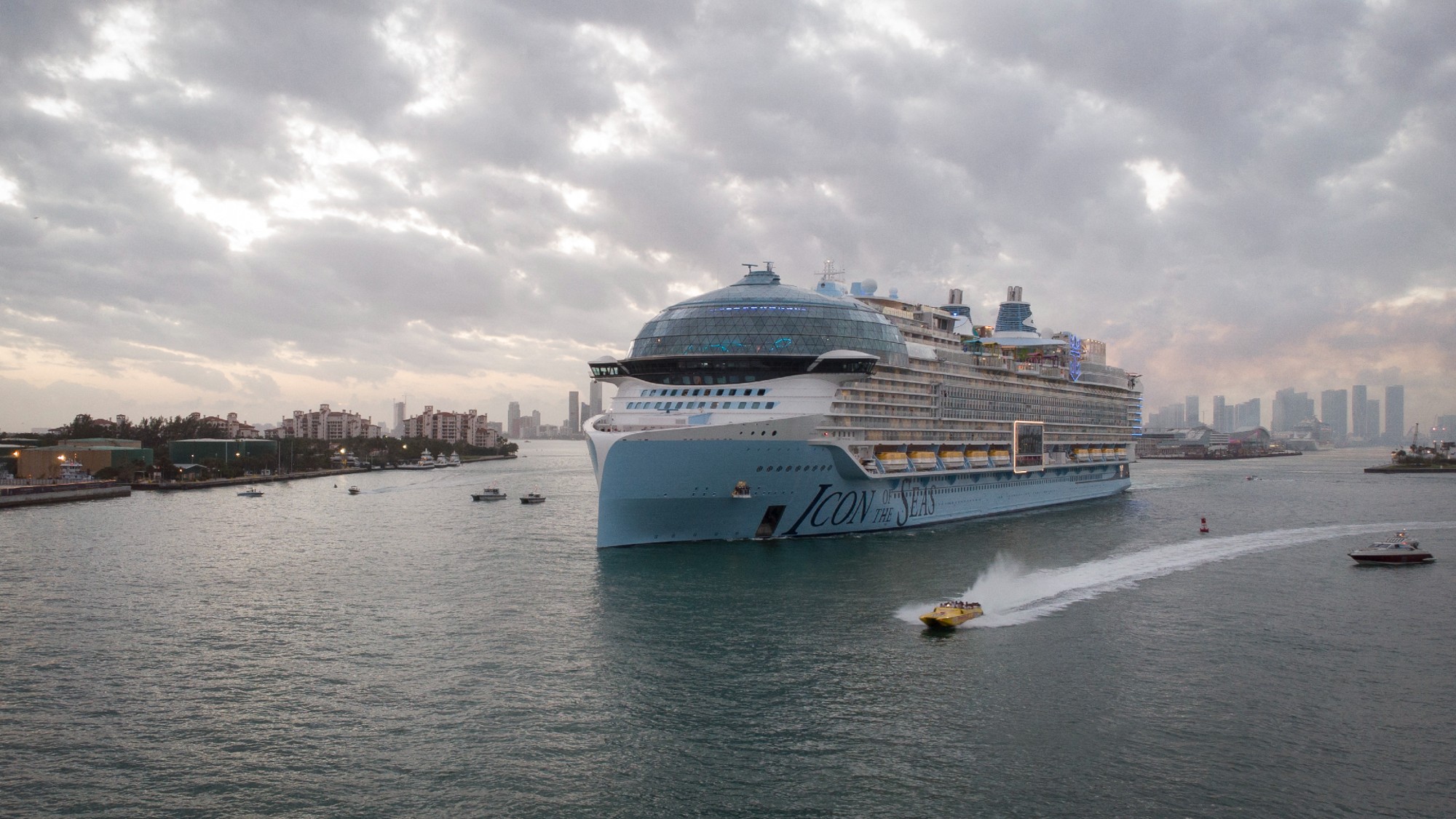
A free daily email with the biggest news stories of the day – and the best features from TheWeek.com
You are now subscribed
Your newsletter sign-up was successful
The Covid-19 pandemic changed many aspects of life, but hopping aboard a cruise ship doesn't appear to be one of them. The cruise industry is booming at record highs in 2024, representing a jewel in a tourism sector that was largely shutdown during the pandemic.
The continuing upward trend in cruise statistics comes despite various concerns about the industry. This includes anger about overtourism being driven by cruise ships, as well as continued flag-waving over the environmental impact of these massive vessels. Through all of it, how have the cruise industry's numbers continued to surge?
How much bigger is the cruise industry getting?
An estimated 35.7 million people will embark on a cruise by the end of 2024, according to the Cruise Lines International Association (CLIA). This continues a marked jump in cruising from pre-pandemic numbers: 2023 saw 31.7 million people take a cruise, which represented 107% of the cruise volumes in 2019, and the "cruise [industry] is forecast to grow to nearly 40 million passengers" by 2027, said the CLIA.
The Week
Escape your echo chamber. Get the facts behind the news, plus analysis from multiple perspectives.

Sign up for The Week's Free Newsletters
From our morning news briefing to a weekly Good News Newsletter, get the best of The Week delivered directly to your inbox.
From our morning news briefing to a weekly Good News Newsletter, get the best of The Week delivered directly to your inbox.
These numbers will continue to increase as cruise availability soars, with the CLIA estimating that there will be 745,000 cruise ship berths globally by 2028. Ships are also continuing to be built as big as possible. Royal Caribbean recently launched Icon of the Seas, the world's largest cruise ship, which can "carry more than 7,000 passengers and, combined with the crew, will hold nearly 10,000 people — the size of a small city," said Today. At "250,800 gross tons and nearly 1,200 feet long," Icon of the Seas "makes the Titanic look like a tugboat."
Royal Caribbean and its two main competitors, Norwegian and Carnival, "all reported entering the year with record highs for individual bookings and cruise pricing," said CNBC. Of these, Royal Caribbean has led the charge, and has "seen the highest ticket revenue increase relative to 2019 out of the big three cruise giants." This March, the company's share price surpassed its pre-pandemic high. The growth of these three lines represents an "impressive turnaround after the industry was largely halted for 15 months" during Covid.
Why is the cruise industry surging despite controversies?
Part of the answer is the increasing ubiquity of destinations and the ships themselves. Cruise companies are "investing in new hardware, notably megaships and private destinations. This is driving more eyeballs to the industry, accelerating new-to-cruise acquisition," Matt Boss, the head of leisure and retailing at J.P. Morgan, said to the banking company. This will likely keep occurring as "demand remains robust, with not a single historical lead indicator in the business … signaling any softening."
Demographic shifts have also been working to lure in younger generations to cruises. Cruisers "under age 40, including kids, made up around 42% of cruisegoers last year, up from 35% in 2019," said NBC News. While the "average age of a cruise customer is 46 industrywide, millennials now make up nearly the same share — 22% — as baby boomers and Gen Xers, who each comprise 24%."
A free daily email with the biggest news stories of the day – and the best features from TheWeek.com
And these younger generations are often among the first to take advantage of the new amenities seen on massive ships. Millennials and Gen Zers "love the fact that everything is included. Think meals foodies would love, tips covered, Wi-Fi to stay connected and a ton of fitness classes," Nathan Rosenberg, the chief brand officer at Virgin Voyages, said to NBC.
But environmental concerns remain, and more cruising "means more negative impacts" and a "rise in carbon dioxide emissions," Toronto Metropolitan University Hospitality Professor Frédéric Dimanche and Wilfrid Laurier University Faculty Teacher Kelley A. McClinchey said at The Conversation. And beyond this, only a "few cruise ports are large enough to dock mega ships." Cruise lines are responding by "creatinge a move towards smaller vessels and luxury liners, river cruises and expedition cruising." Implementing these "lesser-known ports that can only be accessed via compact luxury ships offers more mission-driven, catered experiences for the eco-minded traveler."
Justin Klawans has worked as a staff writer at The Week since 2022. He began his career covering local news before joining Newsweek as a breaking news reporter, where he wrote about politics, national and global affairs, business, crime, sports, film, television and other news. Justin has also freelanced for outlets including Collider and United Press International.
-
 Switzerland could vote to cap its population
Switzerland could vote to cap its populationUnder the Radar Swiss People’s Party proposes referendum on radical anti-immigration measure to limit residents to 10 million
-
 Political cartoons for February 15
Political cartoons for February 15Cartoons Sunday's political cartoons include political ventriloquism, Europe in the middle, and more
-
 The broken water companies failing England and Wales
The broken water companies failing England and WalesExplainer With rising bills, deteriorating river health and a lack of investment, regulators face an uphill battle to stabilise the industry
-
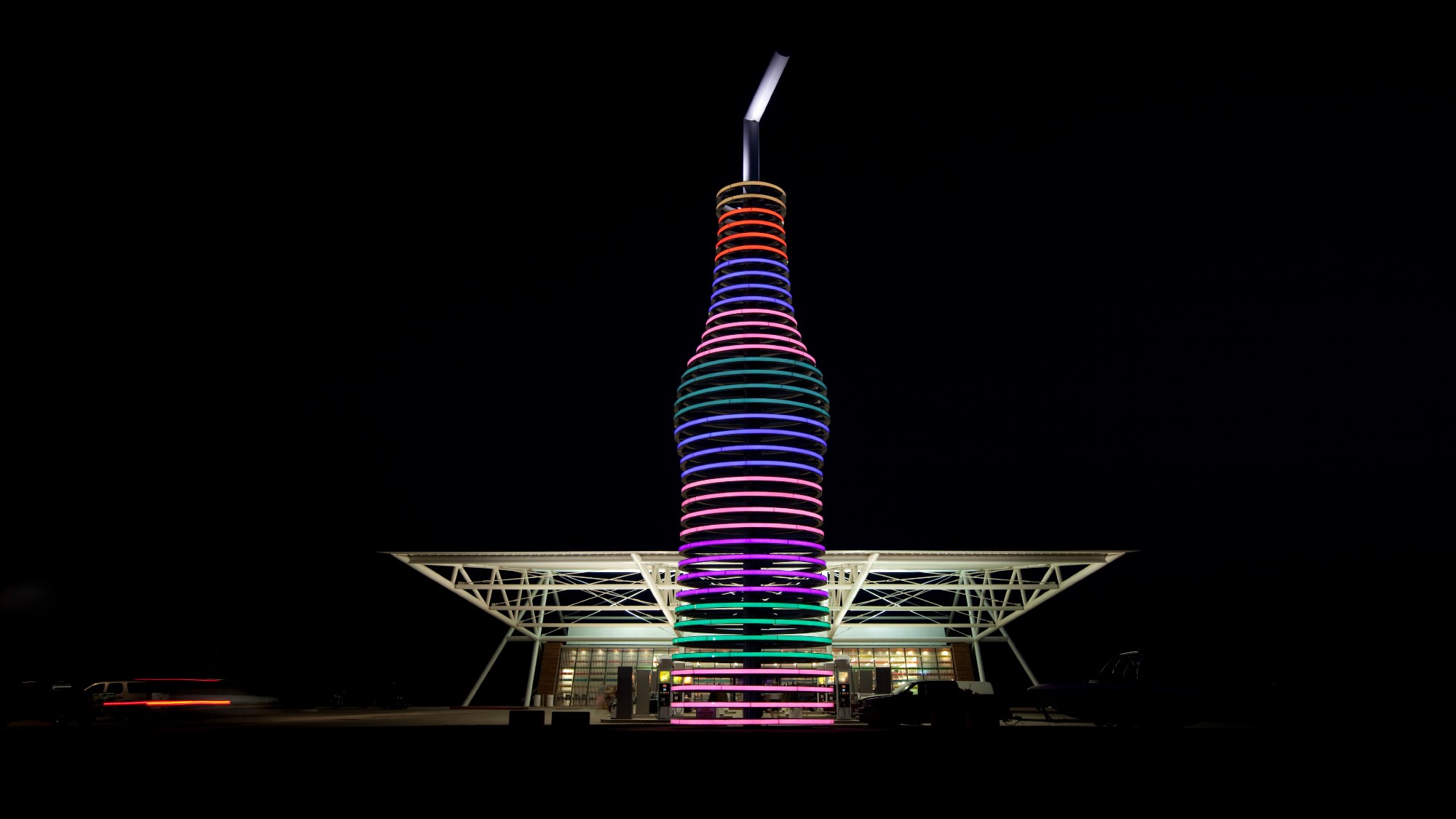 Pull over for these one-of-a-kind gas stations
Pull over for these one-of-a-kind gas stationsThe Week Recommends Fill ’er up next to highland cows and a giant soda bottle
-
 5 ghost towns worth haunting on your next road trip
5 ghost towns worth haunting on your next road tripEnjoy a glimpse of the past
-
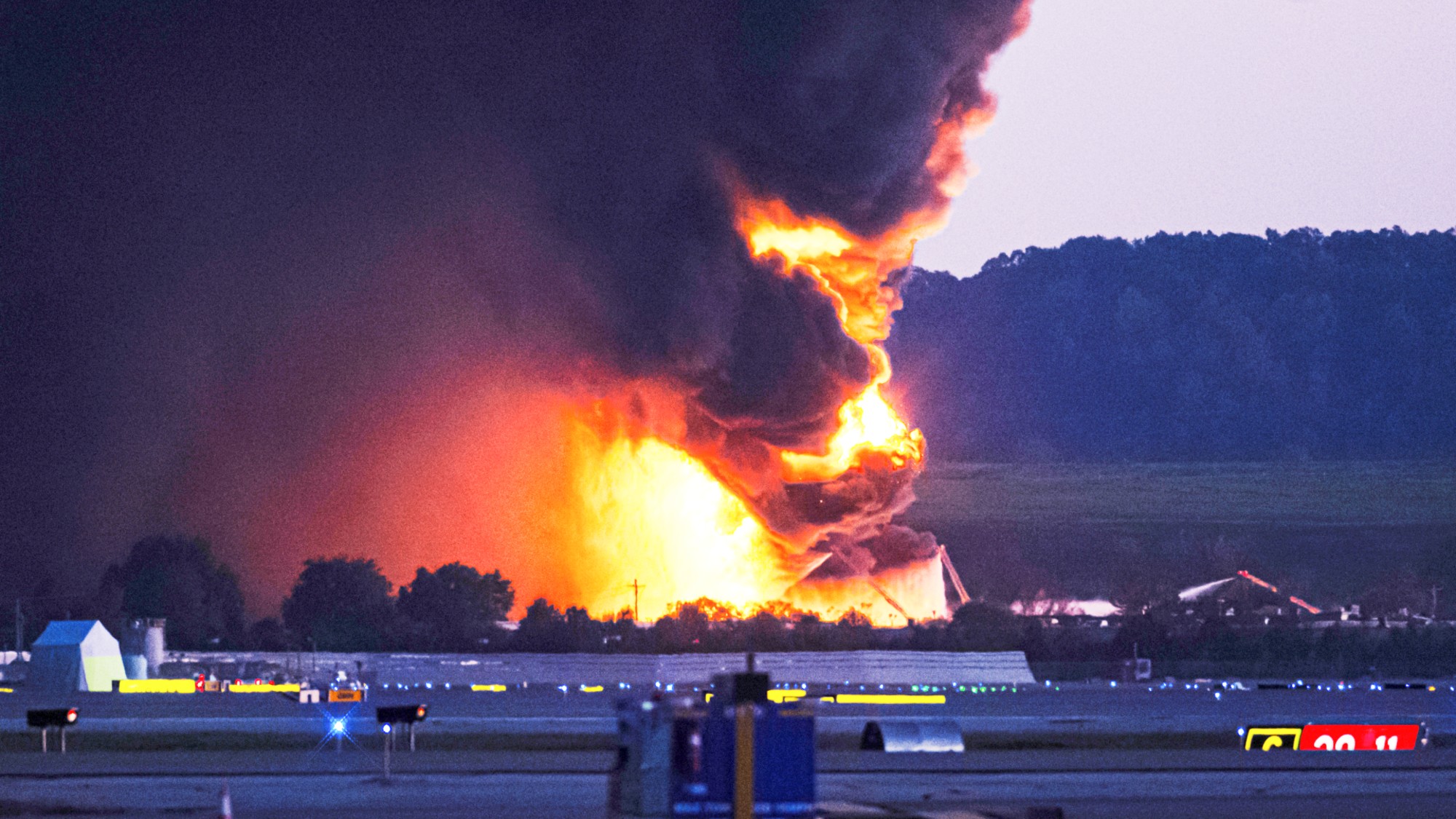 A 34-year-old plane is at the center of the UPS crash
A 34-year-old plane is at the center of the UPS crashIn the Spotlight Many air cargo companies use planes that are this old
-
 DC tourism has taken a hit
DC tourism has taken a hitUnder the Radar The government shutdown has reduced tourist attractions
-
 At least 7 dead in Kentucky UPS cargo plane explosion
At least 7 dead in Kentucky UPS cargo plane explosionSpeed Read Another 11 people were hurt
-
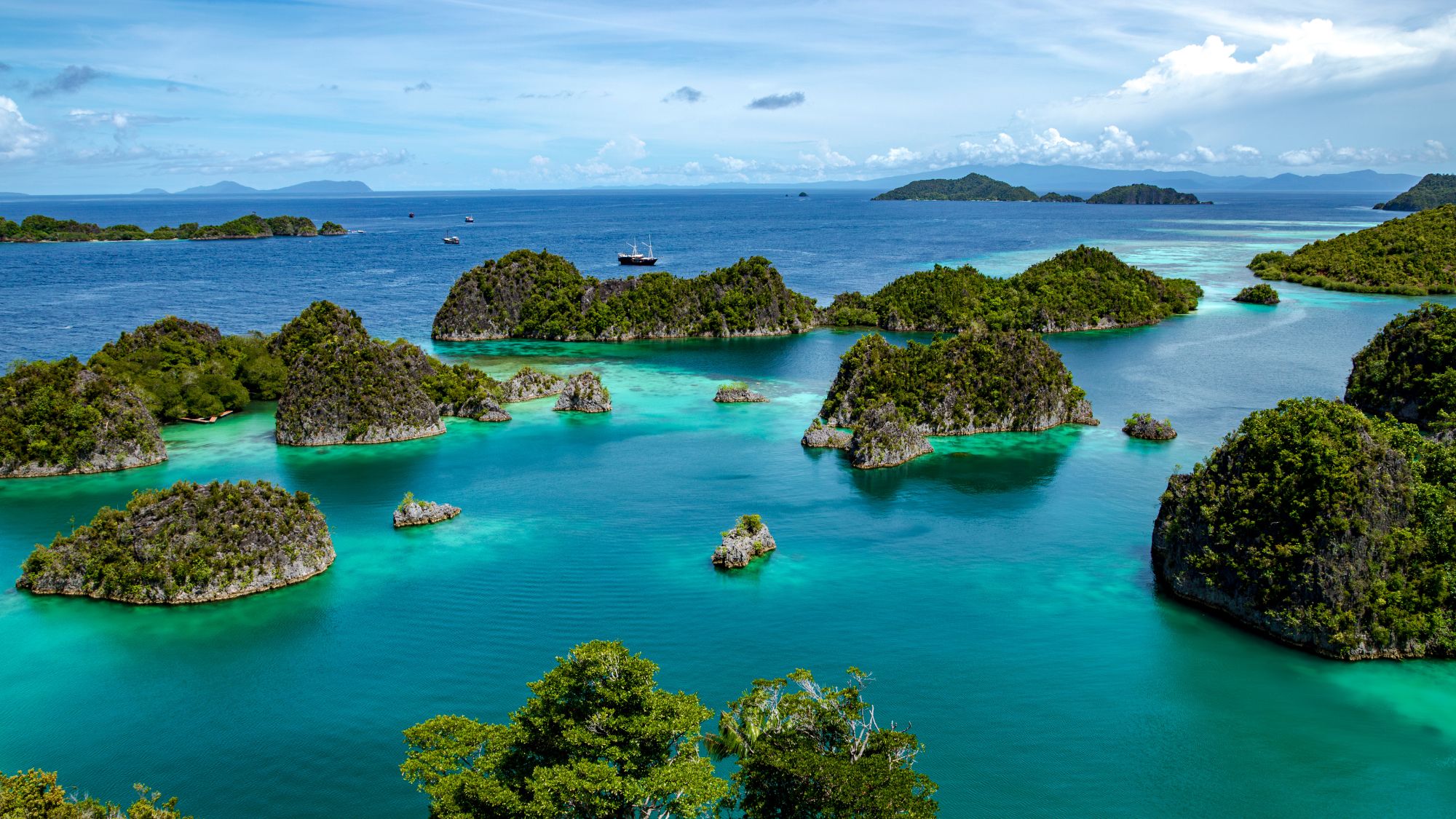 The dazzling coral gardens of Raja Ampat
The dazzling coral gardens of Raja AmpatThe Week Recommends Region of Indonesia is home to perhaps the planet’s most photogenic archipelago
-
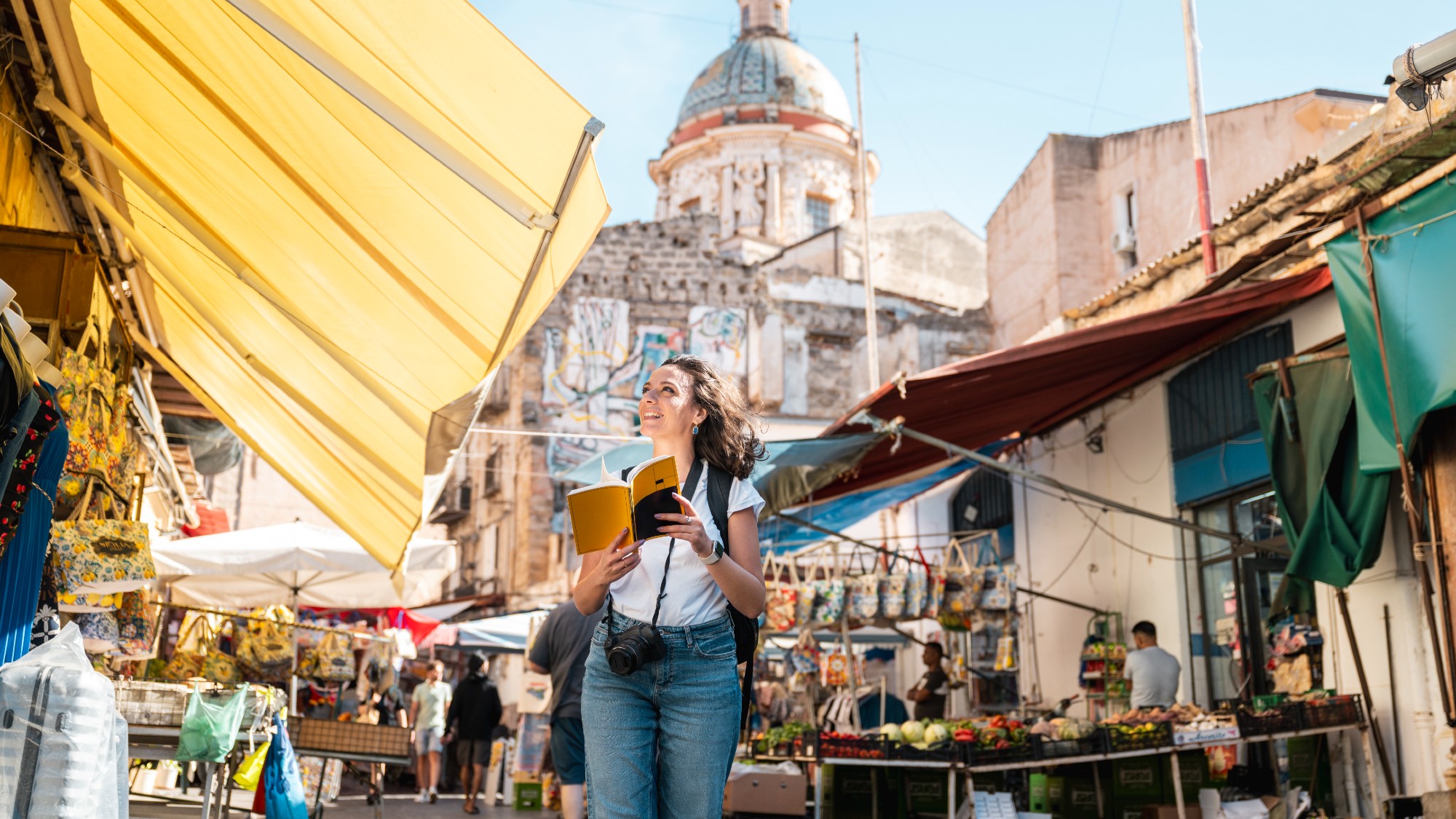 Everything you need to know about last-minute travel
Everything you need to know about last-minute travelThe Week Recommends You can book an awesome trip with a moment’s notice
-
 Dry skin, begone! 8 products to keep your skin supple while traveling.
Dry skin, begone! 8 products to keep your skin supple while traveling.The Week Recommends Say goodbye to dry and hello to hydration
